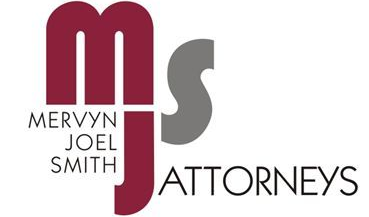“In 2011, the City of Cape Town Municipality passed a new water bylaw which requires that, with effect from 18 February 2011 onwards, all sellers of properties within its jurisdiction must furnish a Water Certificate (which has loosely and in our view incorrectly been called a Plumbing Certificate) to the municipality before transfer of ownership.”
Note that:
– This requirement is only applicable to properties that are situated within the jurisdiction of the City of Cape Town Municipality.
– The certificate is required for both freehold and sectional title properties.
– It is not a full plumbing check and fix. Please ensure the buyer understands this. “The requirements of what needs to be certified in a Water Compliance Certificate are very specific and limited (as listed below) and it is for this reason we believe that calling these certificates ‘plumbing certificates’ is misleading as it may lead buyers to believe that a comprehensive plumbing check is being conducted and certified,” say the conveyancing attorneys.
– Although the bylaw does not specifically say that the certificate must be provided to the buyer, it has become commonplace to include such a provision in the offer to purchase. It safeguards the buyer who then knows that his or her property at least complies with the requirements of the city’s water bylaw – and the seller is in any event obliged to lodge it with the city before transfer.
What does the Water Installation Certificate say?
This Certificate (only) confirms that:
– The water installation conforms to the National Building Regulations.
– The property’s water meter is registering.
– There are no defects that can cause water to run to waste.
– No rainwater leaks into the sewerage system.
The intention of the legislation:
– Manage water resources and water loss.
– Protect the buyer from latent defect claims and high water bills due to leakages.
– Health and safety (not allowing a cross-connection between stormwater and sewer).
– Ensuring water meter accuracy.
– Provide an opportunity to gradually eliminate the increasing number of stormwater connections into our sewers that are putting capacity pressures on our sewerage network and treatment capacity and are illegal.
The plumber attending at the property basically does the following:
-Checks that the water meter is standing still when all taps are closed (this means there are no leaks on the property).
– Checks the roof gutters/stormwater drains and the sewerage manholes (to ensure the rainwater flows into the stormwater drain and the sewerage in the sewerage drain and no cross connection).
– Checks that the geyser is up to SABS standards.
– Checks pipes under basins/sinks.
– Checks that all external pipes are bracketed properly. In respect of all other plumbing works or sanitary ware which is not working properly, this may fall under either a latent or patent defect and is a matter to be resolved between the seller and buyer, bearing in mind the principles applying to voetstoots clauses.
Article courtesy of Property 24
